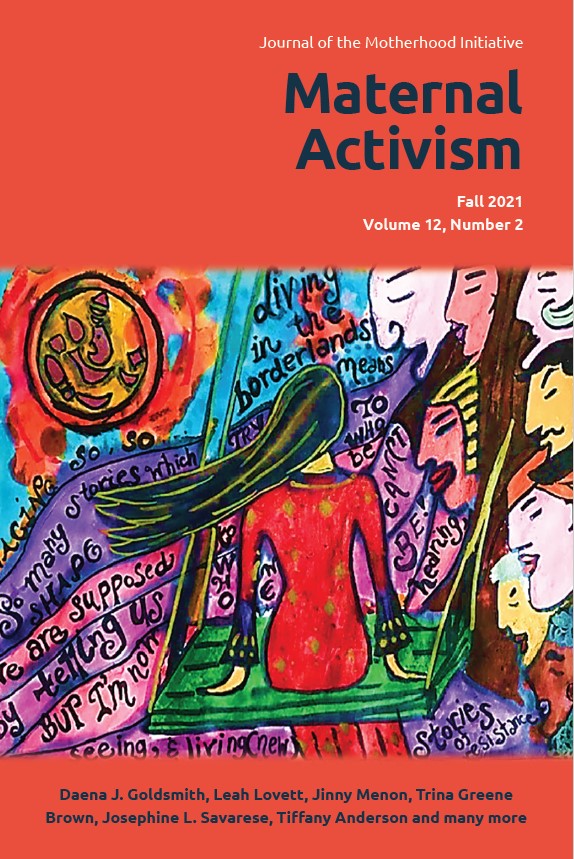Mothers for and against the Nation: Complexities of a Maternal Politics of Care
Abstract
The politics of care linked with maternal activism often takes for granted a mutually agreed upon understanding of care. However, care is deployed in varying ways by those engaging in maternal activism. Caring cannot be assumed to be inclusive and may be exclusive, particularly when used by maternal activists linked with rightwing politics. This article explores how a maternal politics of care can reflect both progressive and reactionary politics. It uses Andrea O’Reilly’s framework of patriarchal motherhood to explore theoretically divergent international case studies of maternal activism. These cases demonstrate that a maternal politics of care can be used to support a myriad of issues on either side of the political spectrum to reflect individualized and exclusionary visions of care, “paternalistic maternalism,” (Wu), or a collective politics of care. Despite the connections often drawn between mothering labour and care labour, the function of care differs across the political spectrum. For some, caring entails collective liberation and common good and disrupts exclusive—often racist—membership in the nation. For others, care for some necessitates the denial of care for others to ensure the purity of the nation. For others still, some mothers are unable to properly care. The latter reflects a white-saviour complex, which is as concerning as the politics of hate that seeks to limit caring to certain groups. What this suggests is that constructions of who can care and who is worthy of care are deeply raced and classed as well as based on gender, sexual preference, and other social identity factors.
Downloads
Published
How to Cite
Issue
Section
License
All intellectual property in relation to material included on this site belongs to the Motherhood Initiative for Research and Community Involvement (MIRCI). All material on this site is protected by Canadian and international copyright and other intellectual property laws. Users may not do anything which interferes with or breaches those laws or the intellectual property rights in the material. All materials on the Motherhood Initiative for Research and Community Involvement (MIRCI) are copyrighted and all rights are reserved. Any reproduction, modification, publication, transmission, transfer, sale, distribution, display or exploitation of the information, in any form or by any means, or its storage in a retrieval system, whether in whole or in part, without the express written permission of the Motherhood Initiative for Research and Community Involvement (MIRCI) is prohibited. Please contact us for permission to reproduce any of our materials. This site may include third party content which is subject to that third party's terms and conditions of use.


